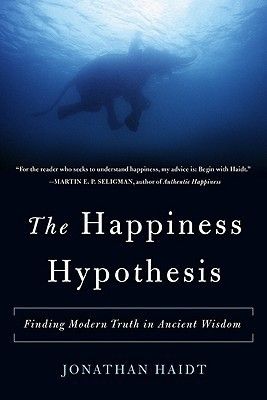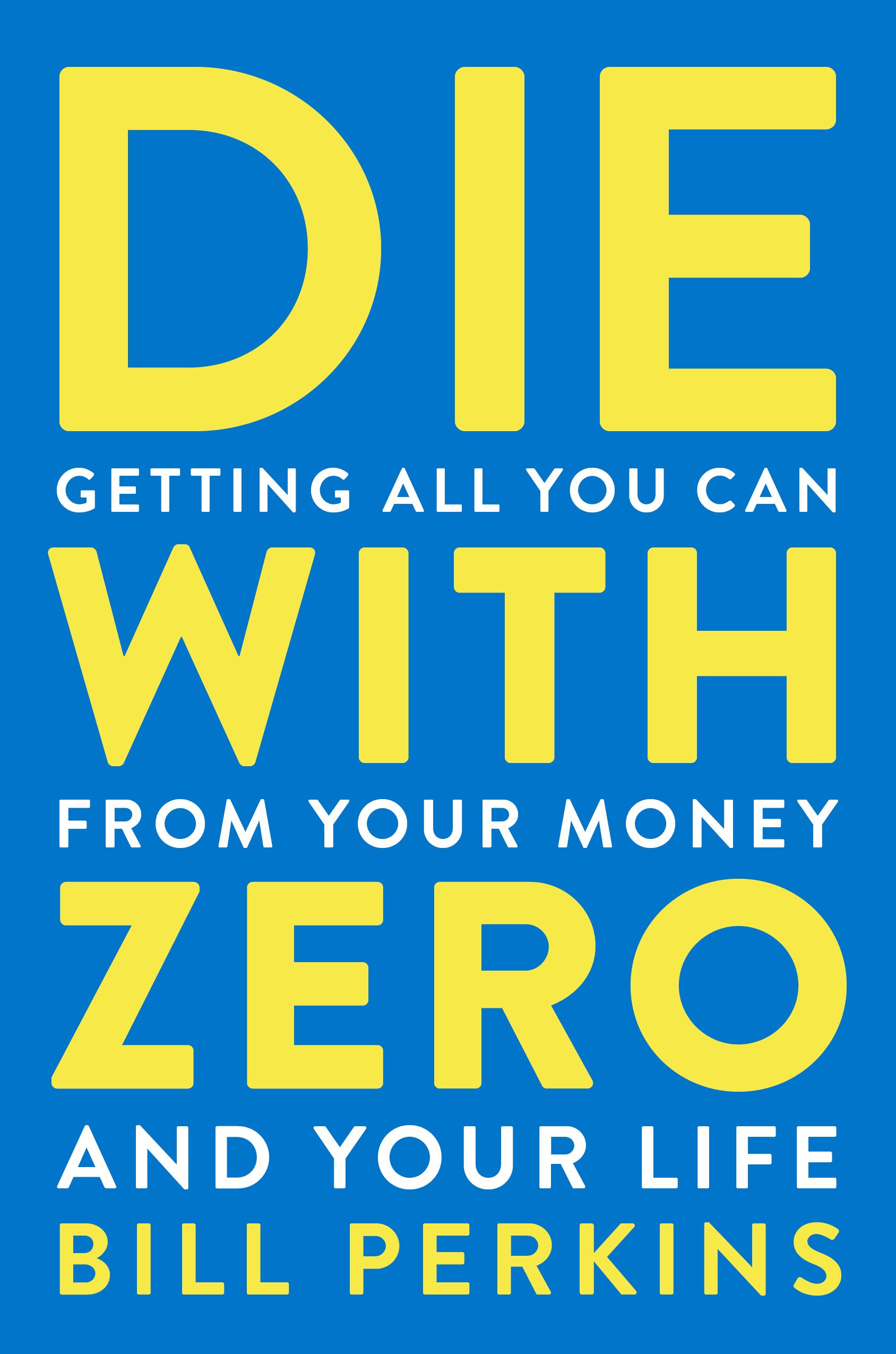Haidt presents McAdams' three levels of personality:
- Dispositional traits - Stable, heritable characteristics (e.g. Big 5 traits)
- Characteristic adaptations - Acquired goals, defenses, and values that help one succeed in a chosen niche
- Life stories - Evolving narrative identity one constructs to make sense of their life
Fulfillment and growth are most likely when the three levels are in harmony - for example, when one's life story and goals fit well with their deepest traits and values. Adversity sometimes forces a realignment of the levels, breaking one out of a stagnant or conflicted pattern.
Section: 1, Chapter: 7
Haidt's closing advice is to pursue cross-level coherence and connection. Specifically:
- Cultivate close, committed relationships and prioritize them even when inconvenient. Express appreciation often.
- Seek work that engages your strengths and passions and links you to something larger than yourself. Focus on mastery, not just success.
- Find ways to lose yourself regularly in experiences of awe, beauty and self-transcendence, whether through nature, art, spirituality, or service.
- Reflect on how your life fits into the larger cultural story and pursue goals that are meaningful in that context.
- Live ethically and cultivate virtues, not just for yourself but for the benefit of your community.
A good life is found in the balance, in the "between" - pursue it there and a sense of meaning and fulfillment will emerge organically over time.
Section: 1, Chapter: 11
Haidt, drawing on the work of Mihaly Csikszentmihalyi, discusses the importance of flow states - times of full engagement and absorption in challenging activities that draw on one's strengths.
Finding flow in one's work is a major contributor to happiness and meaning in life. Flow produces lasting satisfaction in a way that momentary pleasures do not. The other key factor is close relationships - having people to share joys and sorrows with provides an enduring boost to wellbeing. In summary, the conditions for happiness are finding flow (especially in work) and love (especially through relationships).
Section: 1, Chapter: 5
In our secular modern society, teenagers often lack structured rites of passage and access to self-transcendent experiences. Parents and educators could help meet this need by:
- Exposing teens to awe-inspiring art, music and nature
- Encouraging service activities that induce a sense of elevation and connection
- Providing physically and mentally challenging rites of passage (e.g. wilderness trips)
- Allowing semi-structured spiritual explorations and discussions
The goal is to give teens opportunities to experience self-transcendence and develop their own sense of meaning and sacred purpose. Experiencing ego-loss and deep connection can provide an enduring sense of perspective throughout life.
Section: 1, Chapter: 9
"Remember, the goal isn't to maximize net worth, it's to maximize net fulfillment - and that means aggressively investing your life energy in experiences while you still can."
Section: 1, Chapter: 6
Bonnie Ware, a palliative care nurse, recorded the top 5 regrets of the dying. Three of them relate directly to Perkins' "Die with Zero" philosophy:
- I wish I'd had the courage to live a life true to myself, not what others expected of me. (i.e. I wish I'd honored my dreams)
- I wish I hadn't worked so hard. (i.e. I wish I'd better balanced work and life)
- I wish I had let myself be happier. (i.e. I wish I'd given myself permission to enjoy)
Perkins sees these regrets as tragic wastes of human potential. He argues that by following the "Die with Zero" mindset - aggressively investing in life experiences, optimizing your fulfillment curve, giving yourself permission to enjoy - you can live a life free of these regrets.
Section: 1, Chapter: 3
To visualize optimizing your life, Perkins introduces the "fulfillment curve." Here's how it works:
- Write down the experiences you want to have in life (e.g. traveling, learning an instrument, going back to school).
- Assign each experience "fulfillment points" based on how much it would enrich your life. More meaningful experiences get more points.
- Chart out the total points you could earn each year/decade of your life.
- Optimize your curve. Rearrange your experiences and spending to maximize the area under the curve (your total lifetime fulfillment).
Most people's curves are suboptimal - with too much unfulfilled potential (area above the curve). By shifting spending earlier and converting unspent dollars into experiences, you can create a taller, fuller fulfillment curve.
Section: 1, Chapter: 1
Books about Meaning
Happiness
Psychology
Philosophy
Personal Development
Meaning
The Happiness Hypothesis Book Summary
Jonathan Haidt
The Happiness Hypothesis is a thought-provoking exploration of ancient wisdom and modern science that reveals the true sources of human flourishing - love, work, virtue, and the harmony between our divided selves and our social world.

Life
Meaning
Money
Die With Zero Book Summary
Bill Perkins
Die with Zero is an unconventional guide that challenges traditional notions of saving and spending, urging readers to maximize their life experiences by investing in memories and relationships while they still have the time and health to fully enjoy them.


